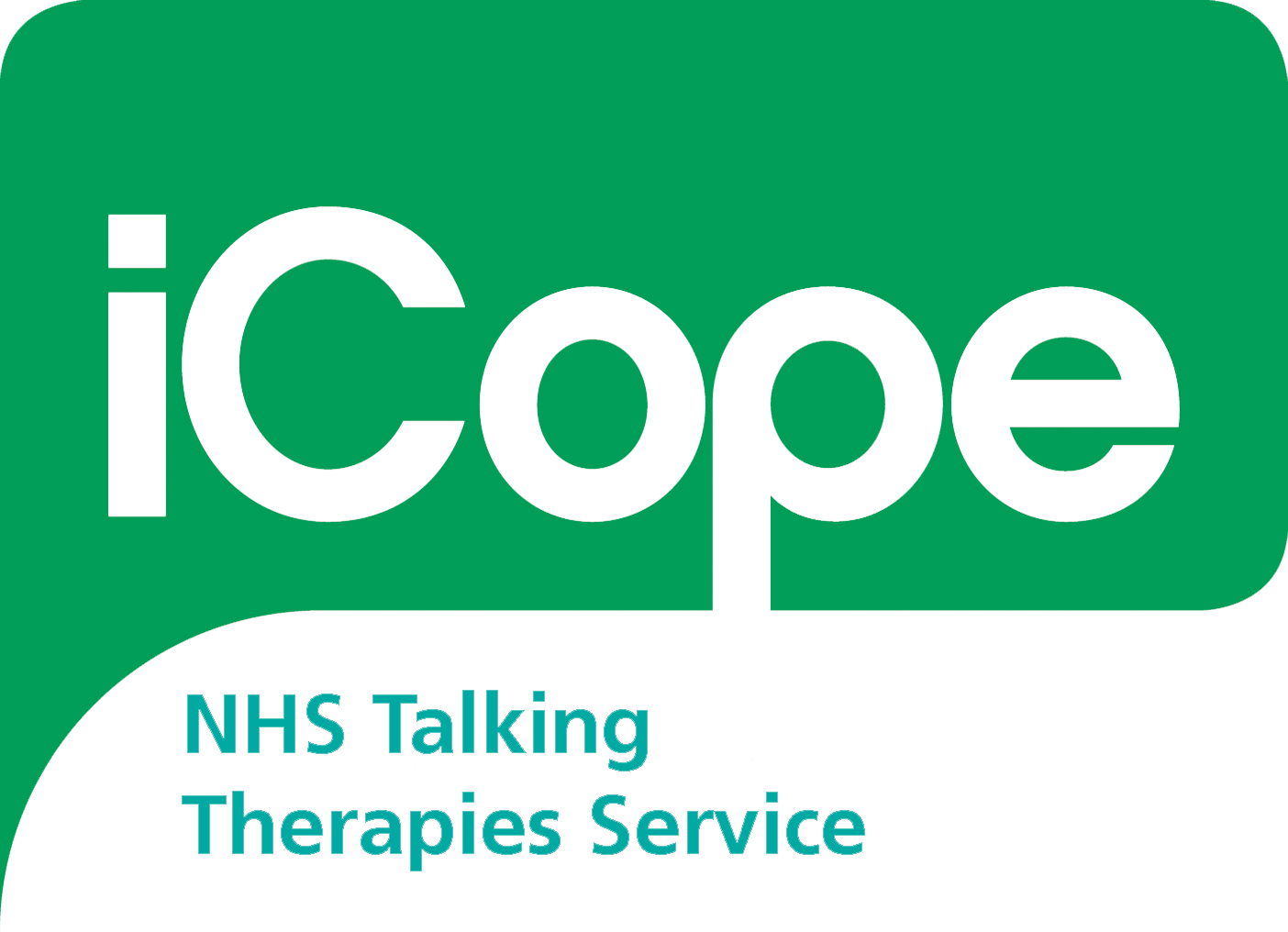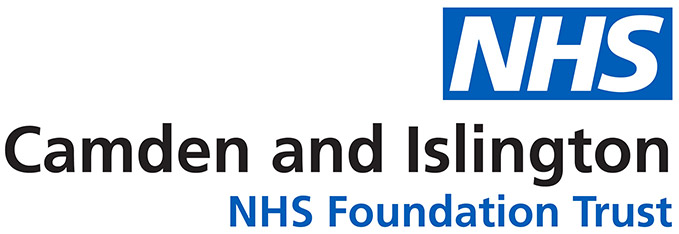Do you…
- Have intense fears of gaining weight and have strong negative beliefs about your appearance, weight and shape?
- Try and restrict what you are eating or find yourself uncontrollably eating larger quantities of food in short amounts of time?
- Use behaviours such as vomiting, using laxatives and excessive exercise to prevent weight gain?
- Use eating as a way of coping with your emotions?
If you are experiencing some or all of the symptoms above you may be suffering from an eating disorder.
What are Eating Disorders?
Bulimia Nervosa
Bulimia nervosa is typically characterised by recurrent binge-eating followed by the use of compensatory behaviours (e.g. self-induced vomiting, laxatives, food restriction, excessive exercise) to prevent weight gain. During binge-eating, typically a large amount of food is consumed within a short amount of time and there is a perceived sense of loss of control over eating.
Anorexia Nervosa
Anorexia nervosa is a serious and life-threatening condition. It is primarily characterised by a refusal to maintain a healthy body weight and excessive food restriction. In addition to food restriction, people can often engage in binge-eating, purging behaviours (e.g. self-induced vomiting, laxatives) and excessive exercise. Additional features of anorexia nervosa include an intense fear of fatness, a pursuit for thinness, a distorted perception on one’s body weight and shape and amenorrhea (absence of menstrual cycles).
Binge-Eating Disorder
Binge-eating disorder is similar to bulimia nervosa where there are recurrent episodes of binge-eating. However, unlike bulimia nervosa, people do not use compensatory behaviours to control weight. As such, binge-eating disorder can lead to obesity. Again, there is a sense of loss control during binge-eating and often there an intense feelings of guilt and disgust after binge-eating.




